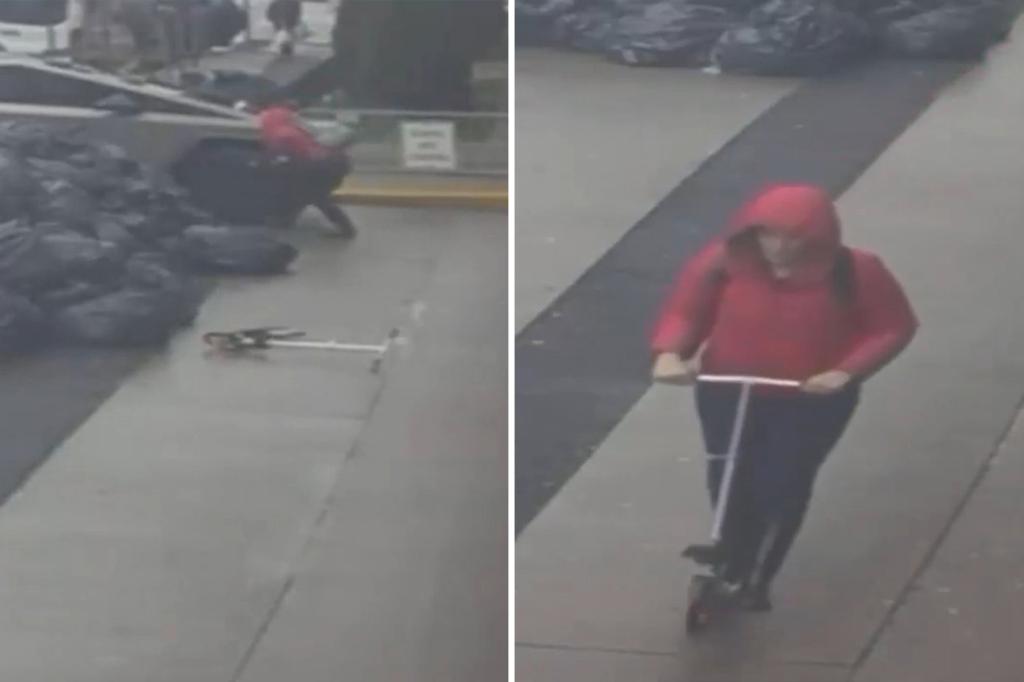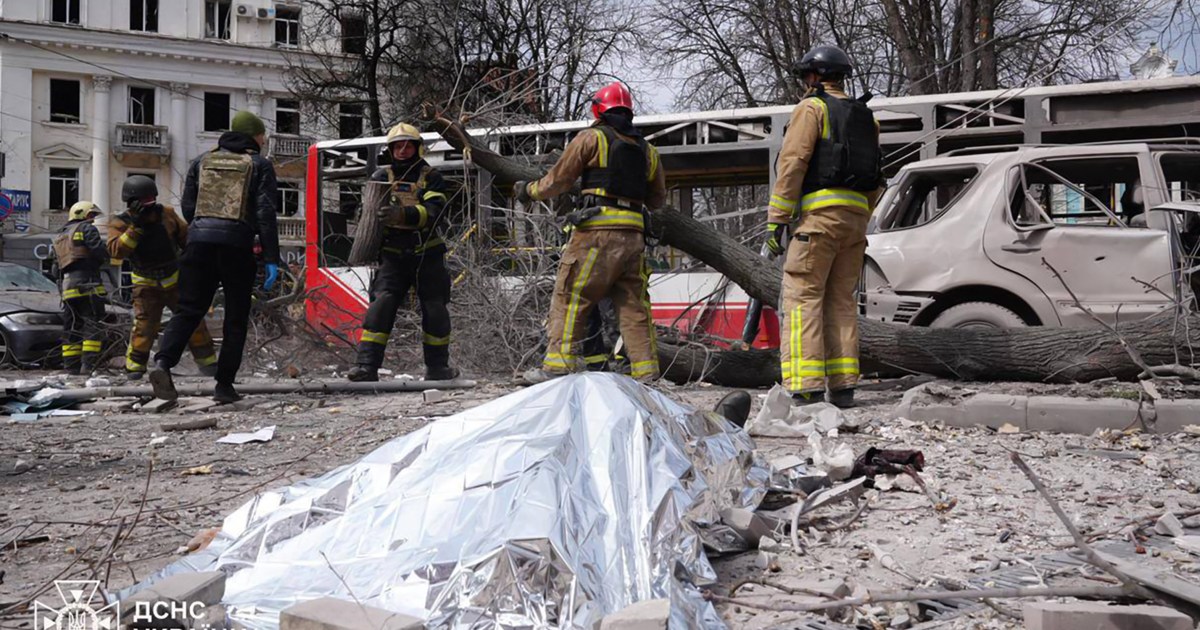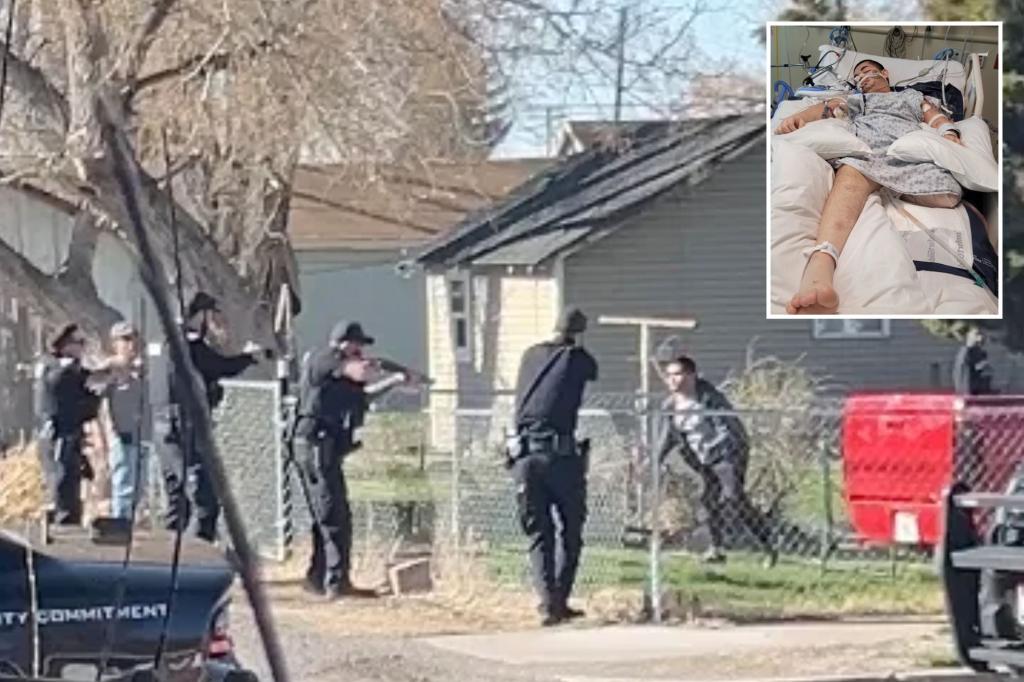Brooklyn Woman Charged in Disturbing Hate Crime Involving Swastika Incident
A 36-year-old Brooklyn woman faces felony charges after allegedly placing a brick marked with a swastika on a Tesla Cybertruck in the predominantly Jewish neighborhood of Williamsburg. The incident, which occurred on June 12, 2024, has ignited outrage and renewed concerns about rising antisemitism in New York City. Police arrested the suspect following surveillance footage review and witness accounts.
Details of the Hate Crime Incident
According to NYPD reports, the suspect approached the parked Tesla Cybertruck at approximately 8:30 p.m. near Bedford Avenue. Witnesses observed her placing a brick etched with a swastika—a symbol historically linked to Nazi ideology—on the vehicle’s hood before fleeing. The truck’s owner, identified as a local Jewish businessman, discovered the vandalism upon returning to his car.
Authorities confirmed the brick caused minor damage but emphasized the psychological impact of the act. “This was a deliberate act of intimidation targeting a Jewish individual in a community with a significant Jewish population,” said NYPD Deputy Commissioner John Miller. “Hate crimes like these strike at the heart of our city’s values.”
Community Reaction and Rising Antisemitism
The incident has drawn condemnation from local leaders and advocacy groups. Rabbi David Niederman, executive director of the United Jewish Organizations of Williamsburg, called the act “a vile reminder that antisemitism persists.” He urged stronger enforcement of hate crime laws and community solidarity.
Data from the NYPD reveals a troubling trend:
- Antisemitic hate crimes surged by 24% in New York City in 2023, accounting for over half of all reported religious-based offenses.
- Williamsburg, home to one of the largest Hasidic Jewish communities in the U.S., recorded 18 antisemitic incidents last year alone.
Evan Bernstein, CEO of the Community Security Initiative, noted, “These aren’t isolated events but part of a broader national rise in hate crimes. Education and law enforcement partnerships are critical to reversing this trend.”
Legal Consequences and Broader Implications
The suspect, whose name has not been released pending arraignment, faces charges including criminal mischief as a hate crime and aggravated harassment. If convicted, she could face up to four years in prison under New York’s hate crime sentencing enhancements.
Legal experts highlight the challenges in prosecuting such cases. “Proving intent is key,” said civil rights attorney Alexandra Shapiro. “Prosecutors must demonstrate the act was motivated by bias, which often relies on contextual evidence like the location and symbolism used.”
Preventing Future Hate Crimes: A Call to Action
In response to the incident, Mayor Eric Adams announced expanded surveillance in Williamsburg and additional police patrols during high-traffic hours. Meanwhile, advocacy groups are pushing for:
- Mandatory hate crime education in schools
- Increased funding for community-based security programs
- Stronger penalties for repeat offenders
Local residents have also organized neighborhood watch initiatives. “We won’t be intimidated,” said Isaac Feld, a Williamsburg shop owner. “But we need everyone—lawmakers, police, and allies—to stand with us.”
Conclusion: A City at a Crossroads
As New York grapples with this latest hate crime, the case underscores the urgent need for systemic solutions. While arrests provide accountability, long-term change requires addressing the roots of bigotry through education, dialogue, and policy reform. For those looking to support affected communities, consider donating to organizations like the Anti-Defamation League or attending local interfaith solidarity events.
The Tesla incident serves as a stark reminder: hate left unchecked threatens the fabric of diverse cities like New York. The coming weeks will test whether this case becomes a turning point or another footnote in an escalating crisis.
See more NY Times Report



